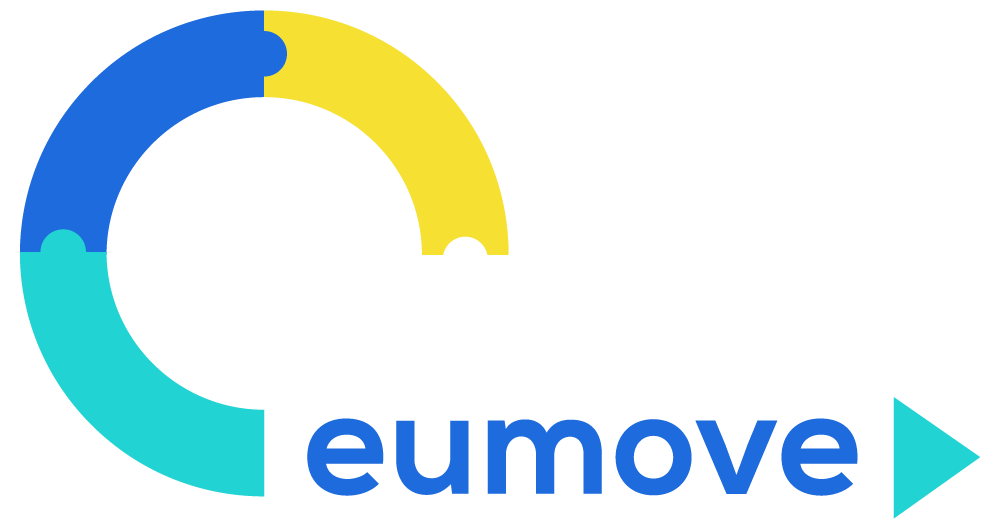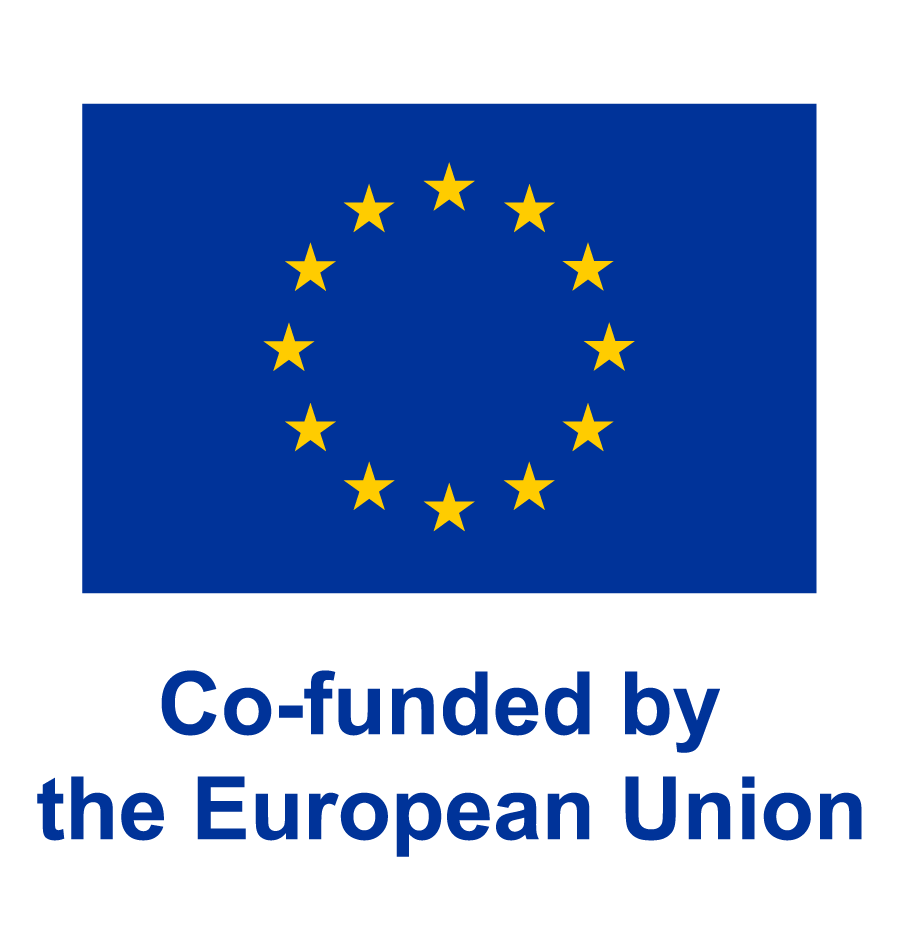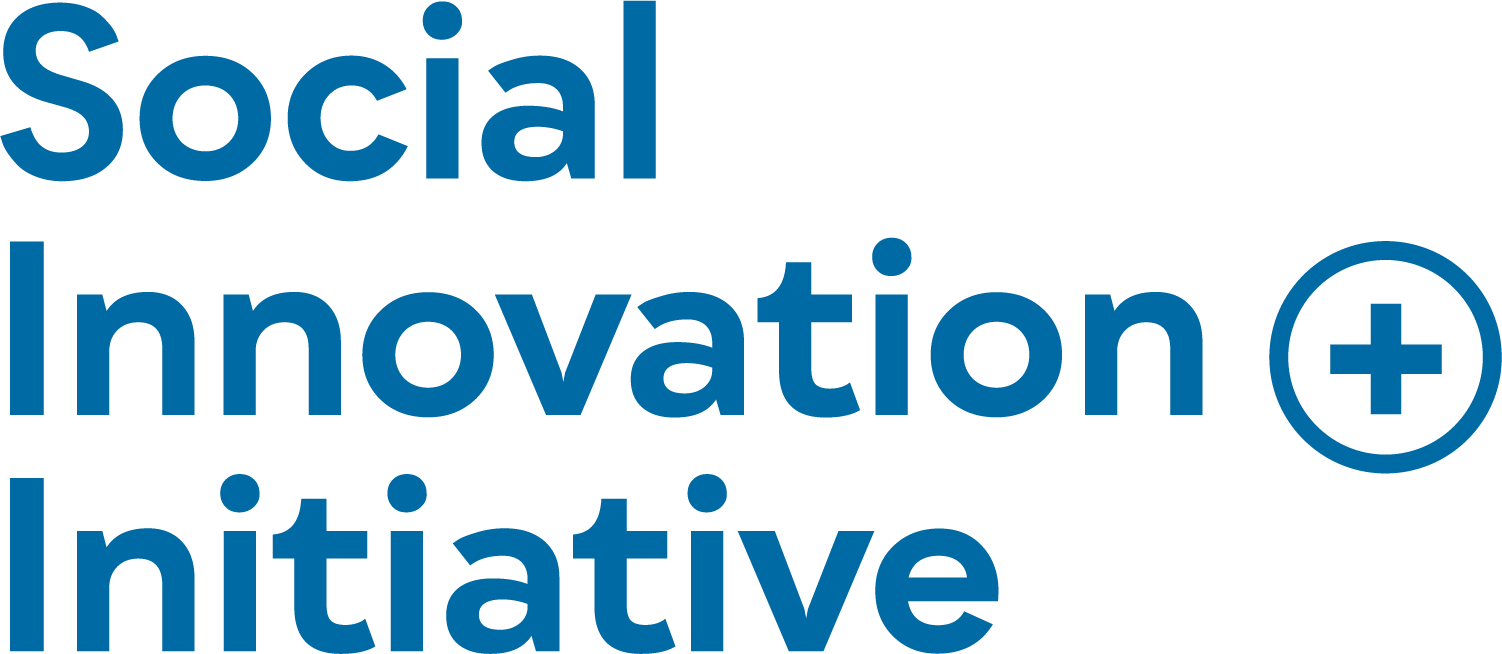Microcredentials: turning Experience into Recognition with EuMove
Today in Europe, thousands of young people are classified as NEETs — not in employment, education, or training. Beyond statistics, this reflects a deeper issue: many of these young people have skills gained through informal learning, volunteering, or short-term work, yet no formal way to prove them.
The EuMove project, funded by the ESF+ Social Innovation+ Initiative, tackles this challenge through a simple but powerful idea — microcredentials. These are verifiable digital credentials born to validate specific skills and bridge the gap between what individuals can do and what the labour market can see.
EuMove’s innovation lies in its dual focus. It supports professionals and organizations working with NEETs — educators, youth workers, mobility operators — in learning how to design and issue high-quality microcredentials and offers to young NEETs the opportunity to earn them through international mobility experiences.
Using the MICOO digital platform, organizations can create a complete microcredential workflow: defining the skills to be developed, assessing performance, and issuing the final credential. Each internship becomes a structured learning pathway where participants collect evidence of achievement — from portfolios to supervisor evaluations — which are then validated and issued and aligned with recognised frameworks.
For young NEETs, microcredentials will be more than digital badges: they are proof of progress, pedagogically designed to increase their confidence, employability, and motivation to re-engage in society. For organizations, they establish a shared standard for quality and transparency in mobility experiences.
EuMove is showing how microcredentials can make learning visible – even outside classrooms – in the link that ties experiences, their recognition and opportunities in every life. Our project wants to turn personal growth into recognized value and create a common European language of competence that connects people, institutions, and employers. Helping young people move means helping Europe move towards a more inclusive, skills-based future.
.






